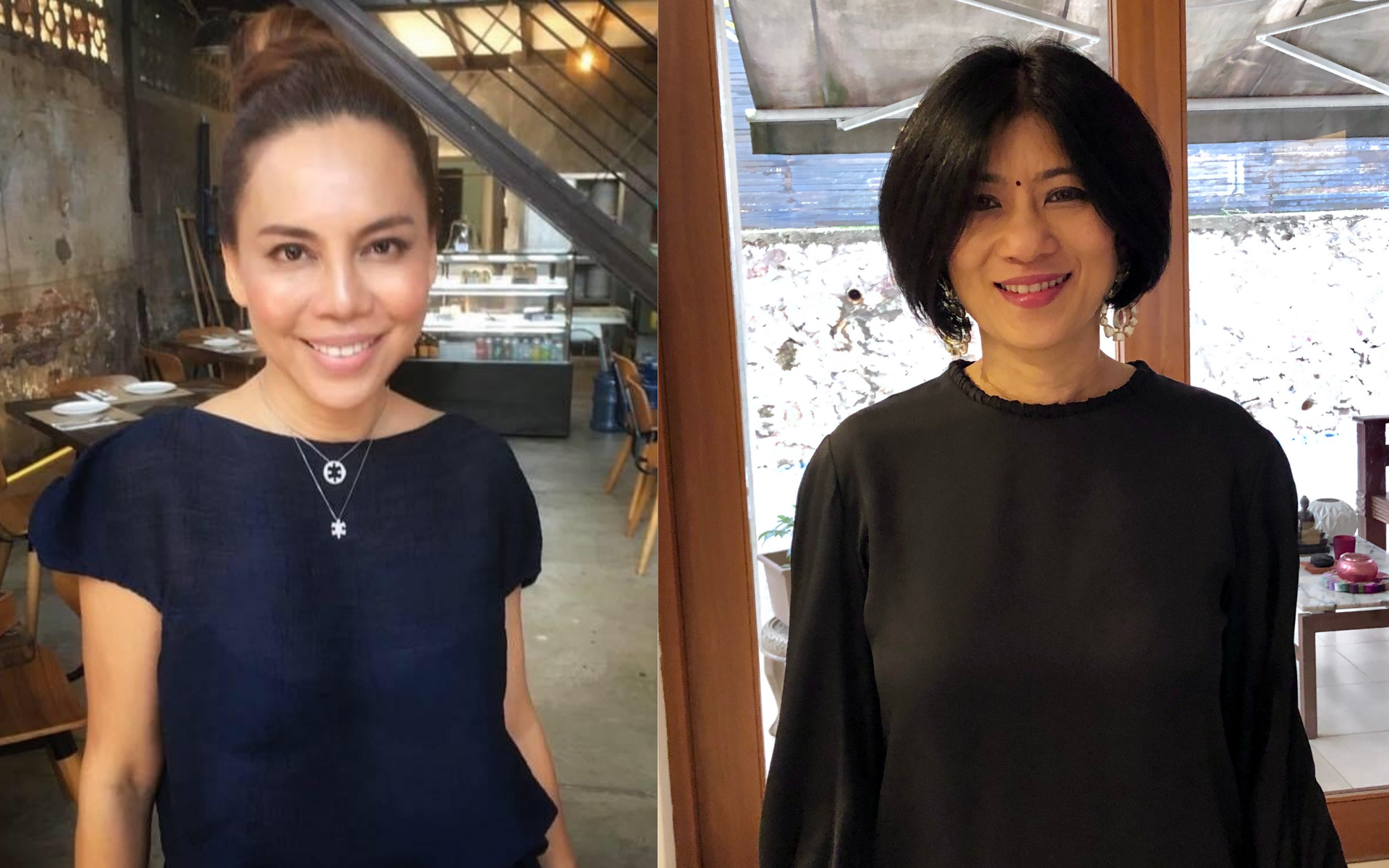From a child's brush with death to the bleak realities of being a single mother struggling with poverty, 19 Malaysians tell their stories through The Lockdown Chronicles, a local anthology published by Shireen Zainudin and Viji Krishnamoorthy
Years down the road, the global pandemic will be remembered as a historical event that upended our way of life; a deceptively slow devastation that crept across nations, catching everyone unawares with how abruptly it spiralled as travel became restricted when borders shut down and the economy declined as industries struggled to cope with prolonged lockdowns.
Needless to say, it was a cataclysmic experience and one for the books—quite literally, in fact, when Shireen Zainudin and Viji Krishnamoorthy teamed up two months into Malaysia's Movement Control Order (MCO) to publish The Lockdown Chronicles, a collection of short stories narrated from varying local perspectives.
Reaching out to 17 other writers, including award-winning Malaysian singer-songwriter and founder of A Little Farm On the Hill Pete Teo as well as Tham Su Ming, the general manager of Hospis Malaysia, the editors give us a peek behind the cover, teasing excerpts from their own chapters and the seven-month long journey it took to publish the book.
ICYMI: Tatler Interviews Ricardo Guadalupe, CEO Of Hublot, On How The Pandemic Has Accelerated Creativity

How did the idea for The Lockdown Chronicles come about?
Vijji Krishnamoorthy (VK): It started out as an idea Shireen had been mulling over during the early days of the lockdown. When we finally got to meet up, we both realised that everyone was going through their versions of the lockdown, and we felt that we should unearth these experiences into a collection of Malaysian stories.
How long did the whole process take for you to compile the stories and publish the book?
Shireen Zainudin (SZ): From conception to publication, it took us seven months. Generally, the writers were enthusiastic and happy to come on board. We had decided we wanted 19 stories to match the number tagged to the coronavirus (Covid-19). The editing process was the part that took awhile, and as with all collections, especially if you take into account the varying styles as well as perspectives, some stories took a little longer than others to complete.
See also: What You Need To Know About Malaysia’s Covid-19 Vaccine Programme
